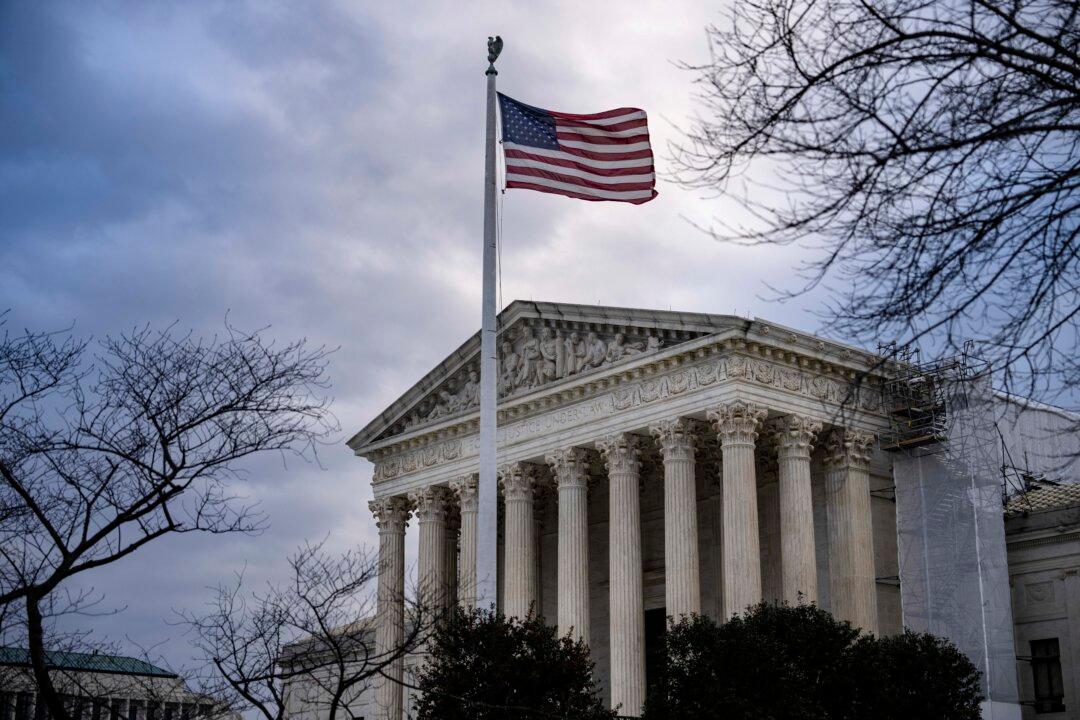The U.S. Supreme Court on Wednesday declined to stop the very first nitrogen gas execution in the United States after an Alabama death row inmate appealed to the high court.
Inmate Kenneth Smith received the death penalty for his role in a murder-for-hire scheme in 1988. More than a year ago, officials in Alabama stopped an effort to execute him via lethal injection but failed before the deadline.





